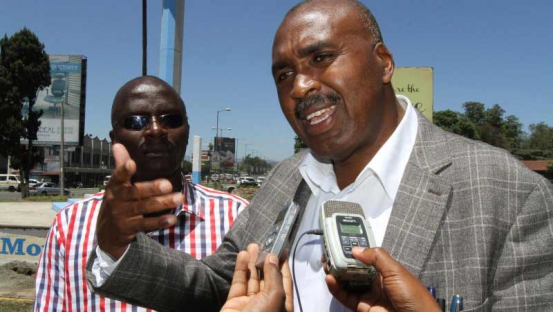
Rural Electrification Authority (REA) plans to challenge Kenya Power’s monopoly in electricity distribution. REA says it is readying a proposal to sell power directly to clients not connected to the main grid instead of installing generators and relinquishing them to Kenya Power.
Authority Chairman Simon Gicharu says they have got a nod from the State Corporations Advisory Committee to change their classification to start retailing power. “We have approvals to re-categorise REA from three to two, which should bring us close to being category one that includes commercially-oriented parastatals like Kenya Power and Kenya Pipeline,” said Mr Gicharu.